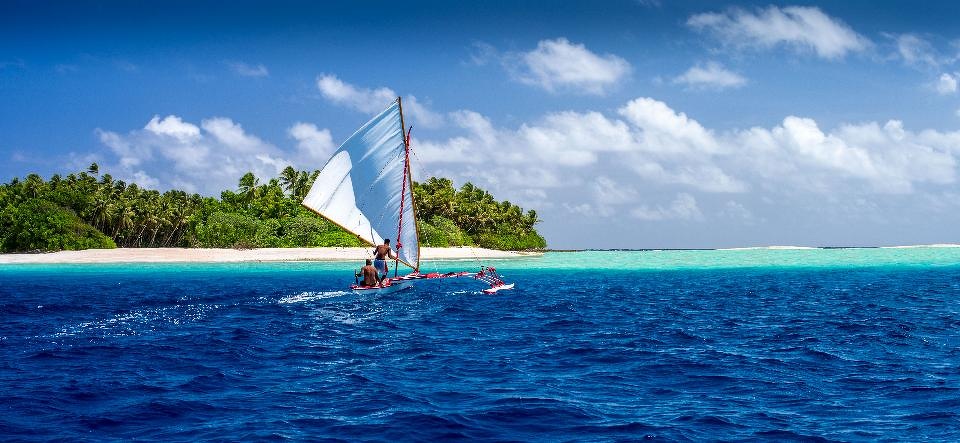Funding plan for social implementation < Subjects
Funding plan for social implementation

Interim Results
Analysis of the Target Country's Relevant Budget and Financial Issues
We investigated the target country's budgetary situation related to the NbS countermeasures envisioned in this study using publicly available government documents and other sources. Based on these findings, we analyzed and considered funding-related issues in implementing the research findings.
The target country, the Republic of the Marshall Islands, announced its 2025 budget (Appropriation Act, 2024), estimating that the government's total revenue budget is US$663.4 million. Of this, only 15% (US$97.7 million) of the budget comes from domestic tax revenues, with the remaining 85% coming from Compact funds and grant aid from the US and other foreign countries. Furthermore, of the US$97.7 million tax revenue budget, the Ministry of Construction, Infrastructure, and Facilities, which deals with coastal community resilience and climate change countermeasures, only receives US$2.4 million, while the Ministry of the Environment receives only US$0.9 million. While much of the country's tax revenue is allocated preferentially to education, justice, and other areas, there is no allocation to, for example, coastal conservation. In addition to the small scale of domestic funds, it is characterized by a reliance on overseas aid for the necessary knowledge and funds for coastal conservation measures, which require advanced technology and knowledge, and climate change countermeasures, which are responsible for social resilience measures.
In order to implement the results of this research in society based on such policy management, we believe it is important to understand the support mechanisms of not only the target government but also overseas aid agencies, and to propose effective fundraising methods.
Figure Project development idea with funding scheme

